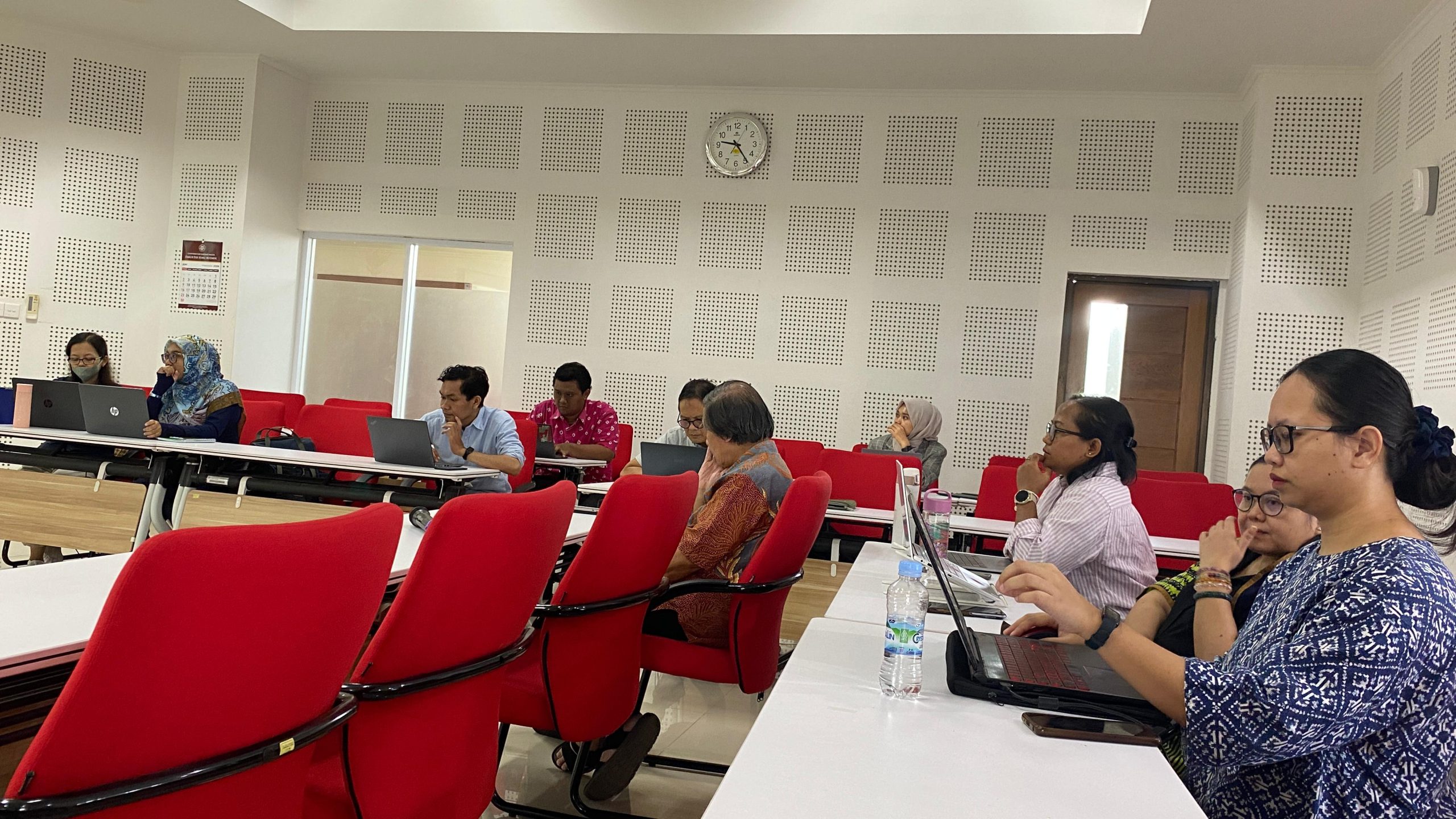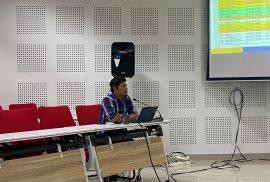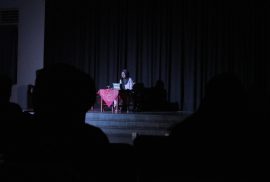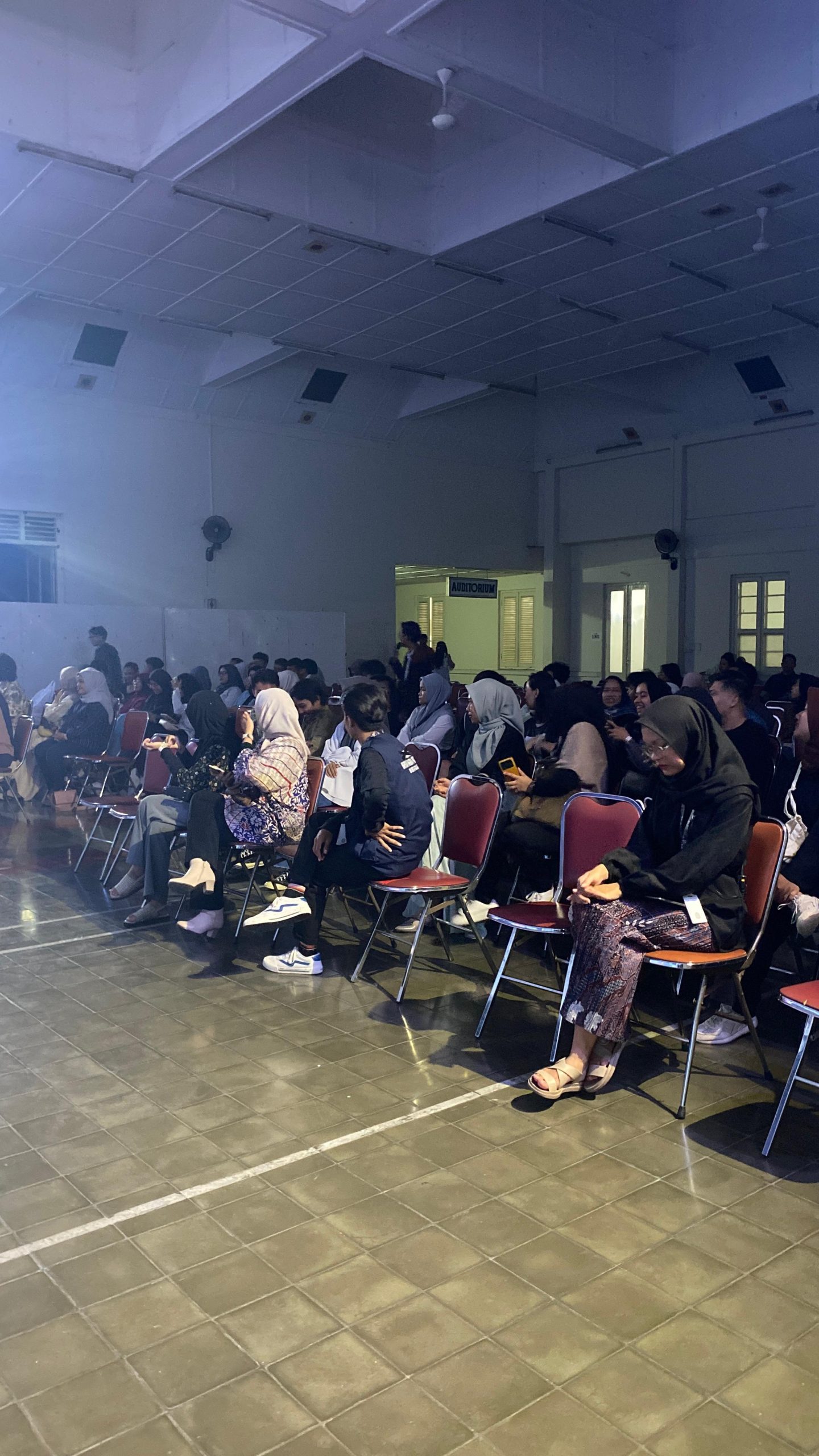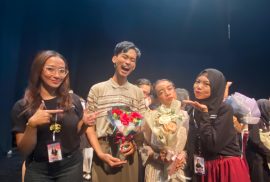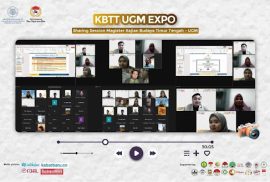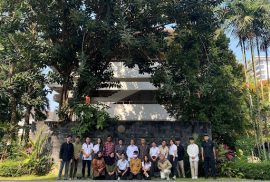The Journal Management Team of the Faculty of Cultural Sciences, Universitas Gadjah Mada held a Mid-Year Monitoring & Evaluation of Journal Management & Accreditation Preparation which was held on Wednesday, June 19, 2024 at 9 am to 1 pm in Room R. Soegondo 709, Faculty of Cultural Sciences, Universitas Gadjah Mada. On the agenda, the Journal Bureau of FIB UGM discussed matters regarding FIB journals that have been indexed by Garuda national, projected targets in 2025 so that all FIB journals are SINTA accredited, plans for Scopus resubmission poetics in 2024 and the end of 2025 Humanities, and appeals to new journals to keep running consistently. In the discussion led by the FIB UGM Journal Bureau, journal managers highlighted the importance of expanding the reach and quality of their publications to meet national and international accreditation standards.
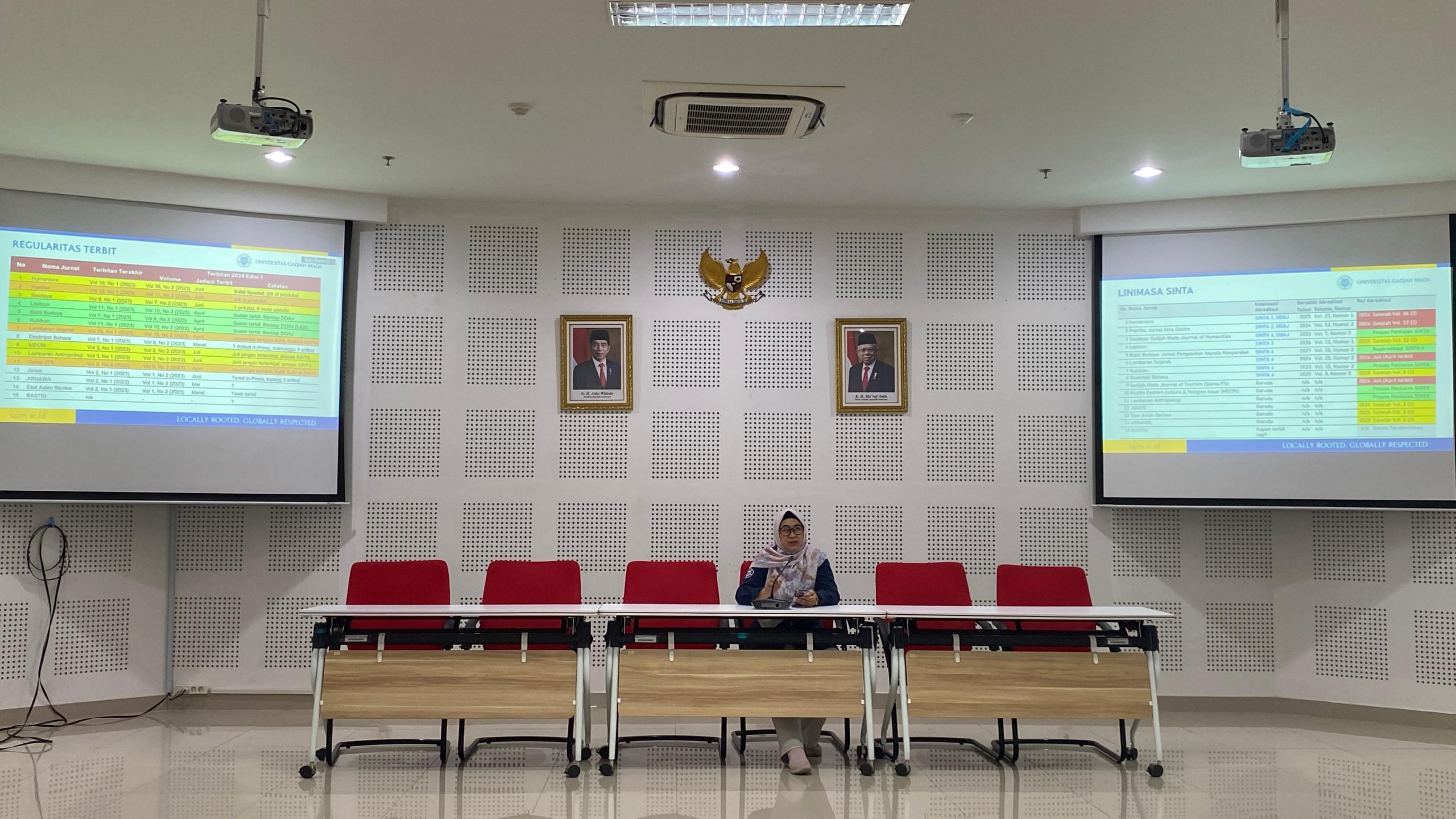
The projected target to achieve SINTA accreditation by 2025 was the main focus, with concrete efforts to increase the indexation of journals on the Garuda platform. The poetic planned to resubmit to Scopus within this year and focused on the Humanities by 2025 was a crucial strategy in reaching global markets and increasing the visibility of research in the humanities. The call for new journals reflected a commitment to fostering sustainability and quality in publication management, as well as ensuring that all publications remain relevant and impactful in the discipline of cultural sciences. This discussion was an important milestone in strengthening the role of FIB UGM’s scientific journals in supporting academic and intellectual advancement at the national and international levels.
